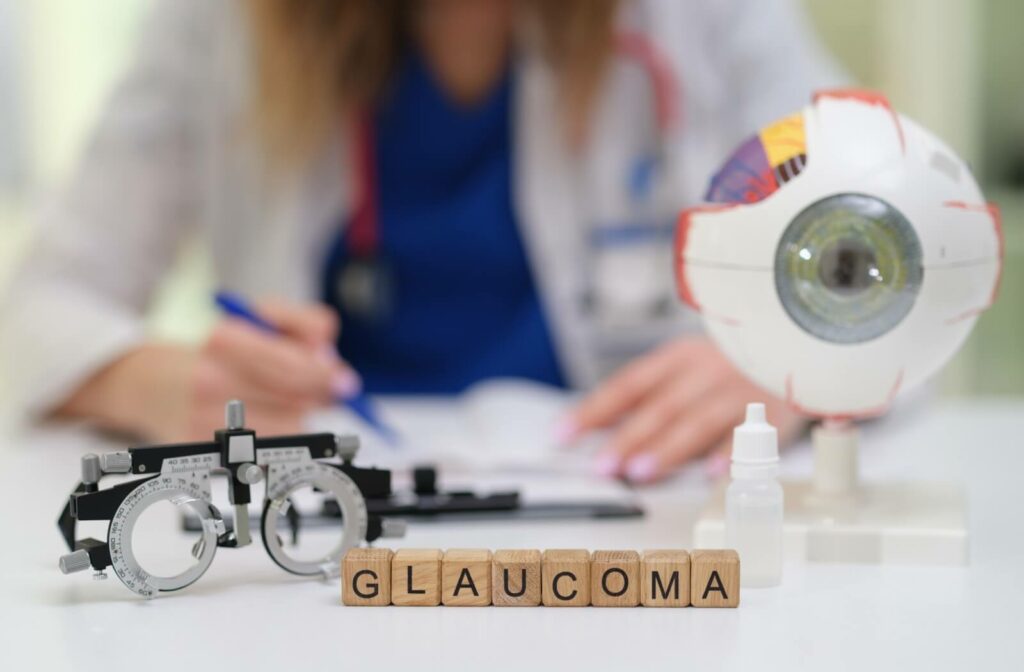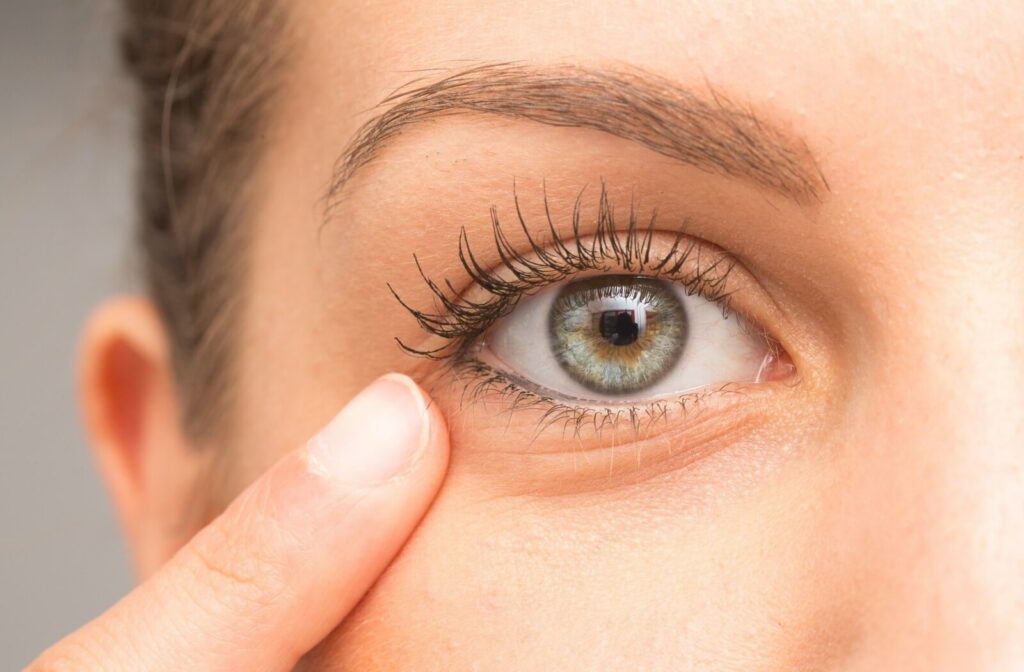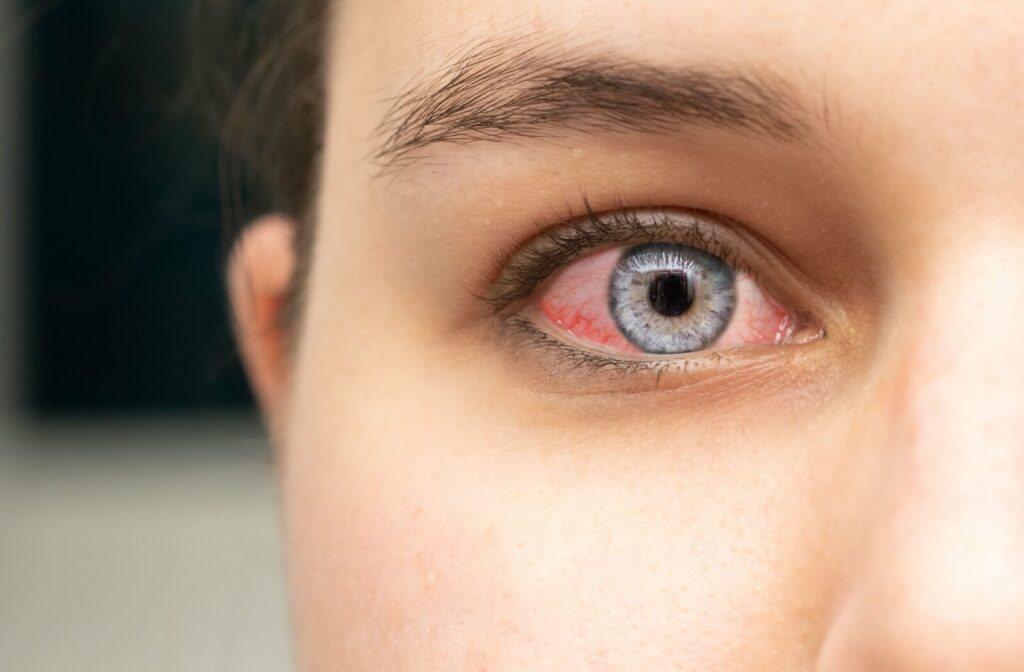While statistics vary, AMD is a leading cause of vision changes among older adults in Canada. […]
How Common Is Age Related Macular Degeneration in Canada?



While statistics vary, AMD is a leading cause of vision changes among older adults in Canada. […]

For the most common type of glaucoma, there is often no first sign at all, as it usually develops slowly over time without any pain or obvious symptoms. […]

Also commonly known as blepharospasm, eye twitching is generally a repetitive and uncontrollable spasm or blinking of the eyelid. More often than not, the issue occurs with the upper eyelid and the exact reason why it takes place is still unknown. However, some experts associate it with causes such as stress, caffeine, and fatigue. […]

This leaves many people to ask if there’s a connection between tired eyes and a dizzy head, and the answer is that digital eye strain can contribute to feelings of dizziness.
[…]

While the cause for your eye being in pain when you blink is often a minor issue like a bit of dust or dryness, persistent pain is a sign that it’s time for a comprehensive eye exam. […]

We (and the Canadian Association of Optometrists) recommend people with diabetes visit their optometrist for a diabetic eye exam at least once a year. […]

No, it’s not your lenses making your vision worse. Contacts and glasses are tools that support your vision. If you have astigmatism, your vision might be worsening because of:
Age-related eye changes
Eye injuries or surgeries
Kerataconos
And other contributing factors
[…]

Recognizing the first signs of cataracts, which include blurry or cloudy vision, light sensitivity, and fading colours, can make a significant difference in management. Prompt action ensures that your eyes remain as healthy as possible.
[…]

Some of the best eye drops for meibomian gland dysfunction are:
Artificial tears or lubricating eye drops
Lipid-based eye drops
Preservative-free eye drops
Prescription eye drops
[…]

Here are some of the most common conditions that are mistaken for pink eye:
Allergic conjunctivitis
Dry eye syndrome
Eye strain or fatigue
Blepharitis
Contact Lens Irritation
[…]